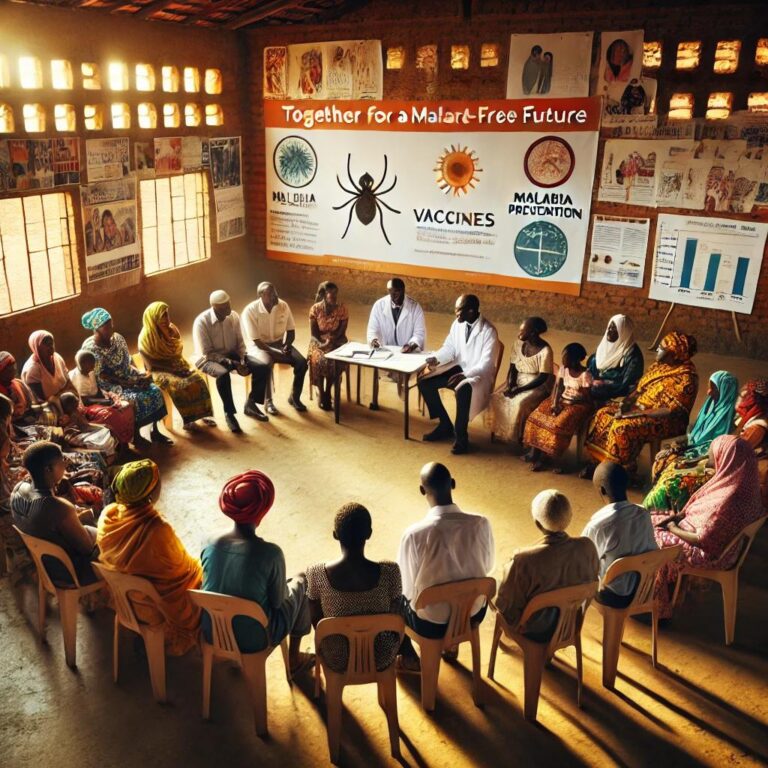As the Federal Government of Nigeria intensifies plans to incorporate a newly developed malaria vaccine into the routine immunisation schedule in the country, a group of scientists has warned against this idea.
The experts, under the aegis of Living Science Foundation made this known in a communique signed by a Professor of Health Physics and Environment at the Obafemi Awolowo University, Ile-Ife, Osun State after the 9th National Conference on Environment and Health.
The scientists noted that the government proposed the malaria vaccine incorporation into the country’s routine immunisation schedule.
Not satisfied with the idea, the group said besides the huge resources that would be needed to administer it, which may affect spending on other critical areas of the country’s health needs, rather than routine mass deployment, it suggested that, the malaria vaccine should be made available only to those with favourable risk-benefit profile.
The communique partly reads, “About a week ago, on Thursday, October 17, the Federal Government of Nigeria in a joint Press Release with UNICEF, GAVI and the WHO, announced the arrival of the R21/Matrix-M malaria vaccine in Nigeria, and its proposed incorporation into routine immunization schedule in the country.
“We have nothing but commendation for the salutary efforts of scientists who doggedly and diligently laboured to come up with the malaria vaccines. Our concerns with the products, however, have to do with the manner of its marketing and deployment, which is not consistent with the product description given by its developers. These concerns, published… some eighteen months ago, have obviously been totally ignored with the present action by the government.
“Rather than routine mass deployment, the malaria vaccine ought to be made available only to those with favourable risk-benefit profile, for instance as is done with the rabies vaccine.
“On the one hand, it is only but 18 months ago that the NAFDAC announced the decision that Nigeria would participate in the clinical trials for the R21/Matrix-M vaccine. In our comment at that time, we had pointed out the outcome noted in the similar RTS, malaria vaccine which needed to be cleared before any mass deployment.
“Those adverse outcomes, well-acknowledged by the World Health Organisation itself, included: “a ten times higher rate of meningitis, a higher chance of cerebral malaria, and a doubling of deaths from all causes in girls who had received the vaccine and not the placebo. It is deeply concerning that these worries could be adjudged cleared in less than two years of clinical trial.”
The experts lamented poor attitude to medical and health records keeping, noting that evaluation of the effectiveness or otherwise of policies and interventions has been hampered by poor record-keeping attitude, demanding change in attitude by the concerned authorities.
The scientists also urged the media to pay attention to the issues raised as such attention and interests were needed to enable the government to resist undue pressures that are often exerted on it by some foreign interests who usually manipulate the issues to their advantage.
In an exclusive interview, with Health-Panorama, a Consultant Medical Parasitologist at the College of Medicine, University of Lagos spoke on the game-changing donation of 846,000 malaria vaccine doses to Nigeria by Gavi, the Vaccine Alliance. Watch the video below;


